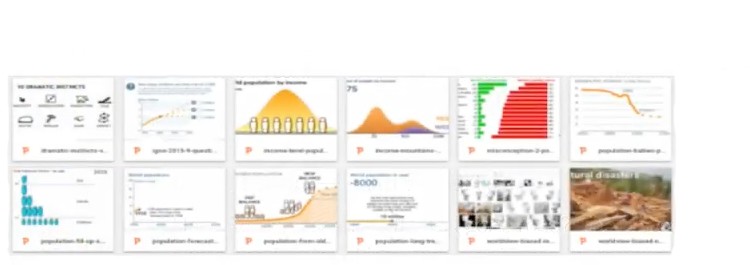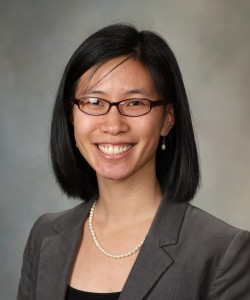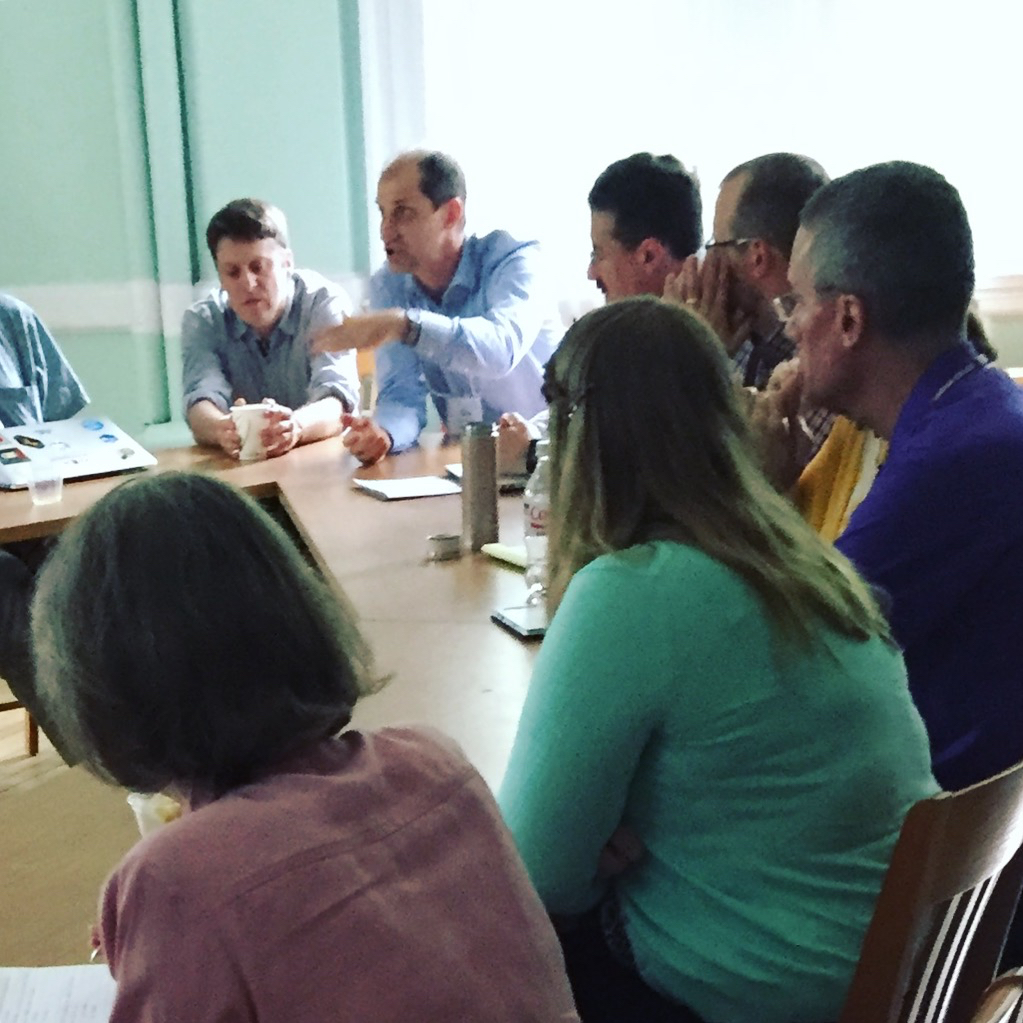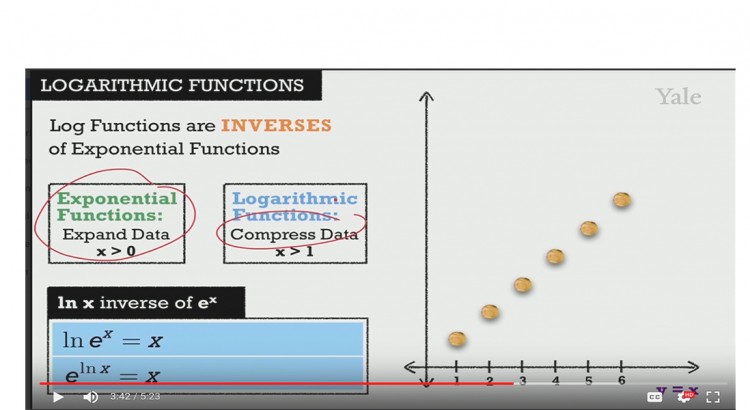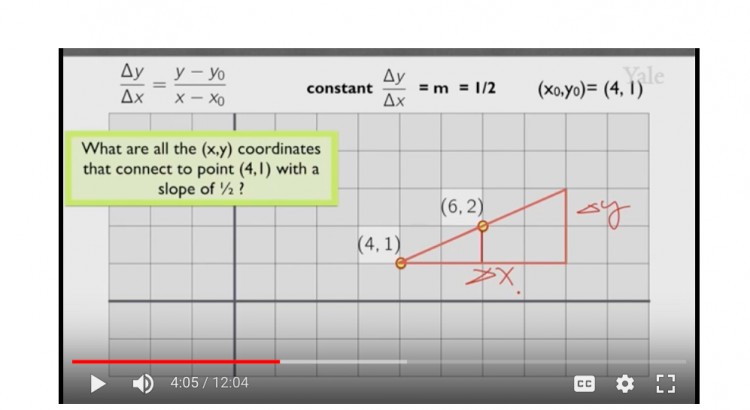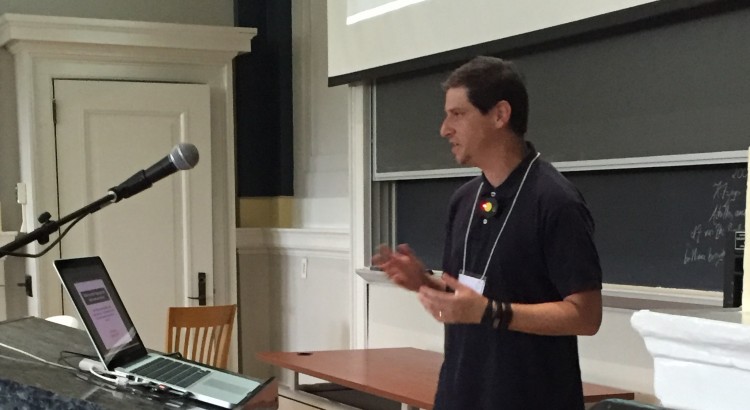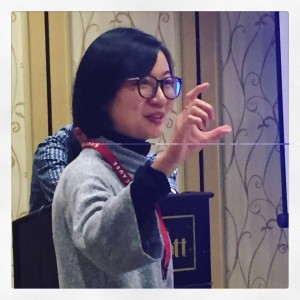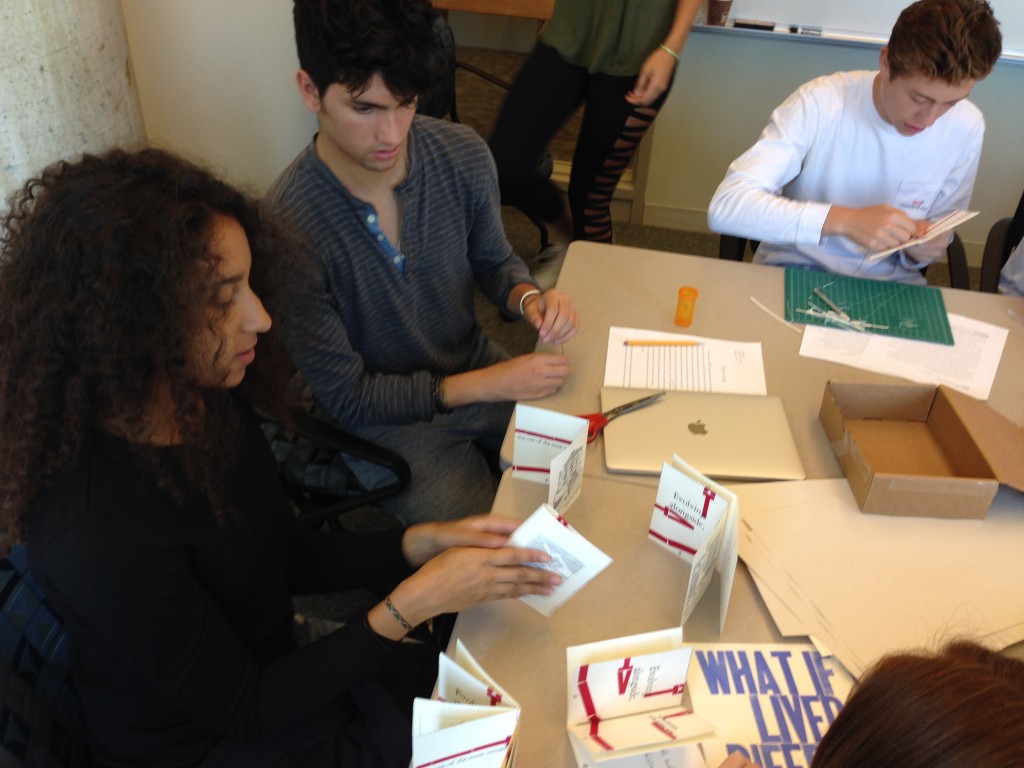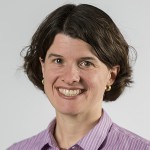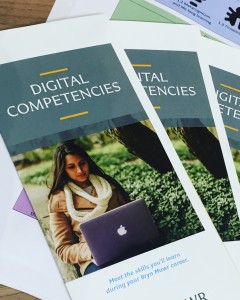
In October 2017, Davidson College hosted a LACOL event called the Think Tank on Digital Competencies. A mix of faculty, campus leaders, librarians, technologists, and instructional designers from liberal arts colleges across the country focused first on the Bryn Mawr College Digital Competencies Program (https://www.brynmawr.edu/digitalcompetencies), tracing its history, motivations, and impacts for students, faculty, and the institution. Design thinking was then used to explore how digital liberal arts leaders may approach similar goals on their campuses.
To follow up on a great think tank, the two webinars described below are being offered in January 2018 as a way open up this work on developing a Digital Competencies Framework to those who could not attend the in person event and to continue this conversation.
PLEASE JOIN! These webinars are open to everyone through PLACE, the Partnership for Liberal Arts Collaboration and Exploration, https://p-lace.org.
Workshop 1: Overview of Bryn Mawr’s Digital Competencies Framework
Tuesday, January 9 | 3pm – 4pm Eastern
EDU-PLACE Webinar
(The Workshop 1 event has past; check the EDU-PLACE list for related resources)
Presenters:
- Beth Seltzer, Educational Technology Specialist, Bryn Mawr College
- Gina Siesing, Chief Information Officer and Constance A. Jones Director of Libraries, Bryn Mawr College
- Jennifer Spohrer, Director of Educational Technology Services, Bryn Mawr College
In this session, Bryn Mawr College staff will discuss why and how the college developed and launched a digital competencies program. This institutional focus on digital competency reflects our commitment to ensuring students develop digital skills and critical perspectives as lifelong learners prepared for work and life in the 21st century. We will talk about how to develop a framework that’s meaningful within your institutional context, ways to leverage college partnerships and build on campus initiatives, and approaches to integrating digital competencies across the student’s curricular and co-curricular experience.
This is the first of two related workshops; the next is “Hands-on Digital Competencies Program Design” on January 16.
Workshop 2: Hands-on Digital Competencies Program Design
Tuesday, January 16 | 2pm – 3pm Eastern
EDU-PLACE Webinar
(The Workshop 2 event has past; check the EDU-PLACE list for related resources)
Presenters:
- Kristen Eshleman, Director of Digital Innovation, Davidson College
- Sundi Richard, Lead Instructional Designer, Davidson College
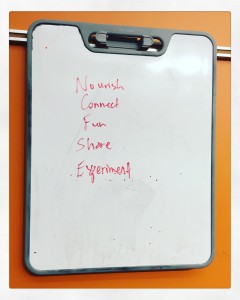 This is an active session that is meant to follow the “Overview of BMC’s Digital Competencies Framework” session on January 9th. We recommend you join this session with a group of 3 – 5 people, as you will be doing timed design thinking activities together. Each group will work through a guided ideation process to establish the goals and components for an institutional digital competencies framework and map out next steps for local program development. The facilitators will provide prompts and examples each step of the way.
This is an active session that is meant to follow the “Overview of BMC’s Digital Competencies Framework” session on January 9th. We recommend you join this session with a group of 3 – 5 people, as you will be doing timed design thinking activities together. Each group will work through a guided ideation process to establish the goals and components for an institutional digital competencies framework and map out next steps for local program development. The facilitators will provide prompts and examples each step of the way.
Read More
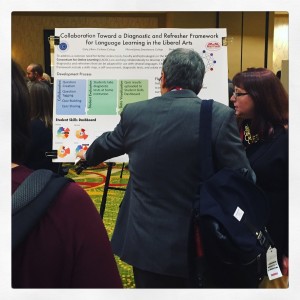
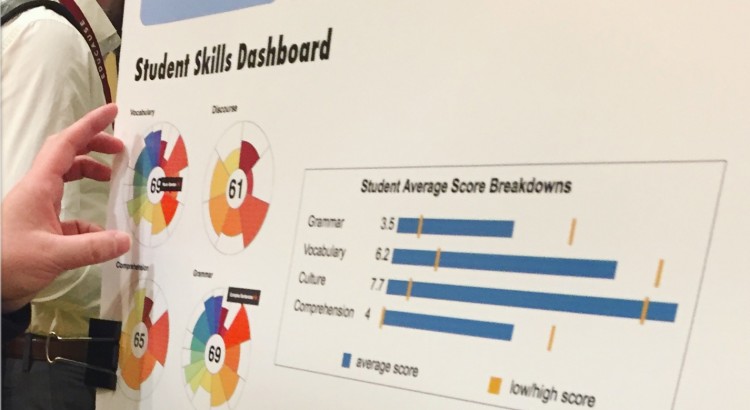
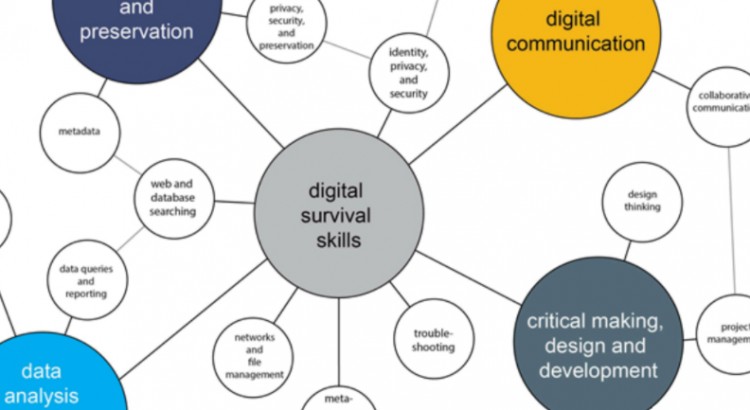

 This is an active session that is meant to follow the “Overview of BMC’s Digital Competencies Framework” session on January 9th. We recommend you join this session with a group of 3 – 5 people, as you will be doing timed design thinking activities together. Each group will work through a guided ideation process to establish the goals and components for an institutional digital competencies framework and map out next steps for local program development. The facilitators will provide prompts and examples each step of the way.
This is an active session that is meant to follow the “Overview of BMC’s Digital Competencies Framework” session on January 9th. We recommend you join this session with a group of 3 – 5 people, as you will be doing timed design thinking activities together. Each group will work through a guided ideation process to establish the goals and components for an institutional digital competencies framework and map out next steps for local program development. The facilitators will provide prompts and examples each step of the way.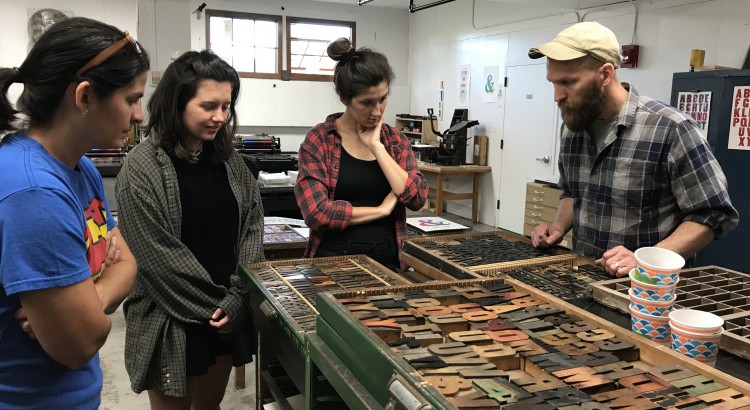
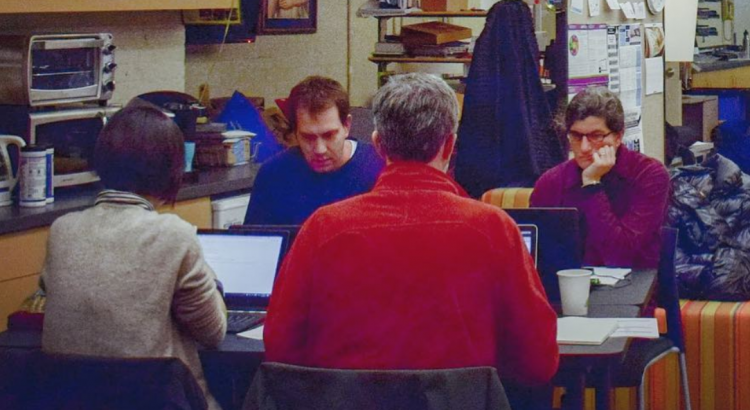
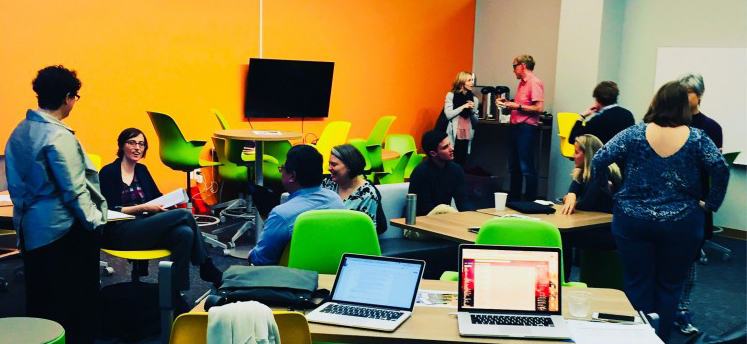
 • See
• See 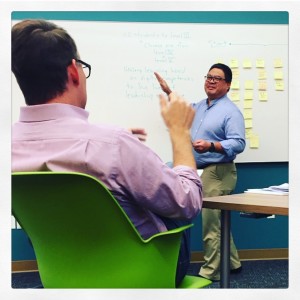
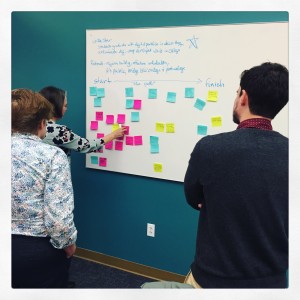 The main outcomes from this workshop will be to create a community of practice around design, development, and facilitation of digital competency/dexterity/fluency programs in the liberal arts and to identify ongoing ways of sharing program models and resources. Individual institutional teams will also be able to adapt and expand Bryn Mawr’s digital competencies framework as appropriate for local contexts. We hope that LACOL and other LAC partners might also at some point build on the BMC digital competencies framework as an expression of foundational capabilities that we agree on across liberal art institutions as relevant for scholarship, learning, work, and life in the digital age. A shared framework can provide a pathway to accelerate stated LACOL goals for creative collaboration in digital experimentation, faculty development, and research.
The main outcomes from this workshop will be to create a community of practice around design, development, and facilitation of digital competency/dexterity/fluency programs in the liberal arts and to identify ongoing ways of sharing program models and resources. Individual institutional teams will also be able to adapt and expand Bryn Mawr’s digital competencies framework as appropriate for local contexts. We hope that LACOL and other LAC partners might also at some point build on the BMC digital competencies framework as an expression of foundational capabilities that we agree on across liberal art institutions as relevant for scholarship, learning, work, and life in the digital age. A shared framework can provide a pathway to accelerate stated LACOL goals for creative collaboration in digital experimentation, faculty development, and research.